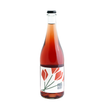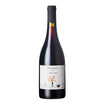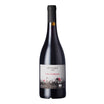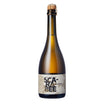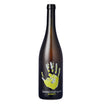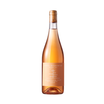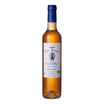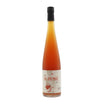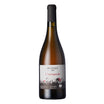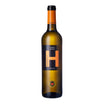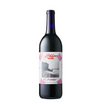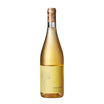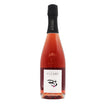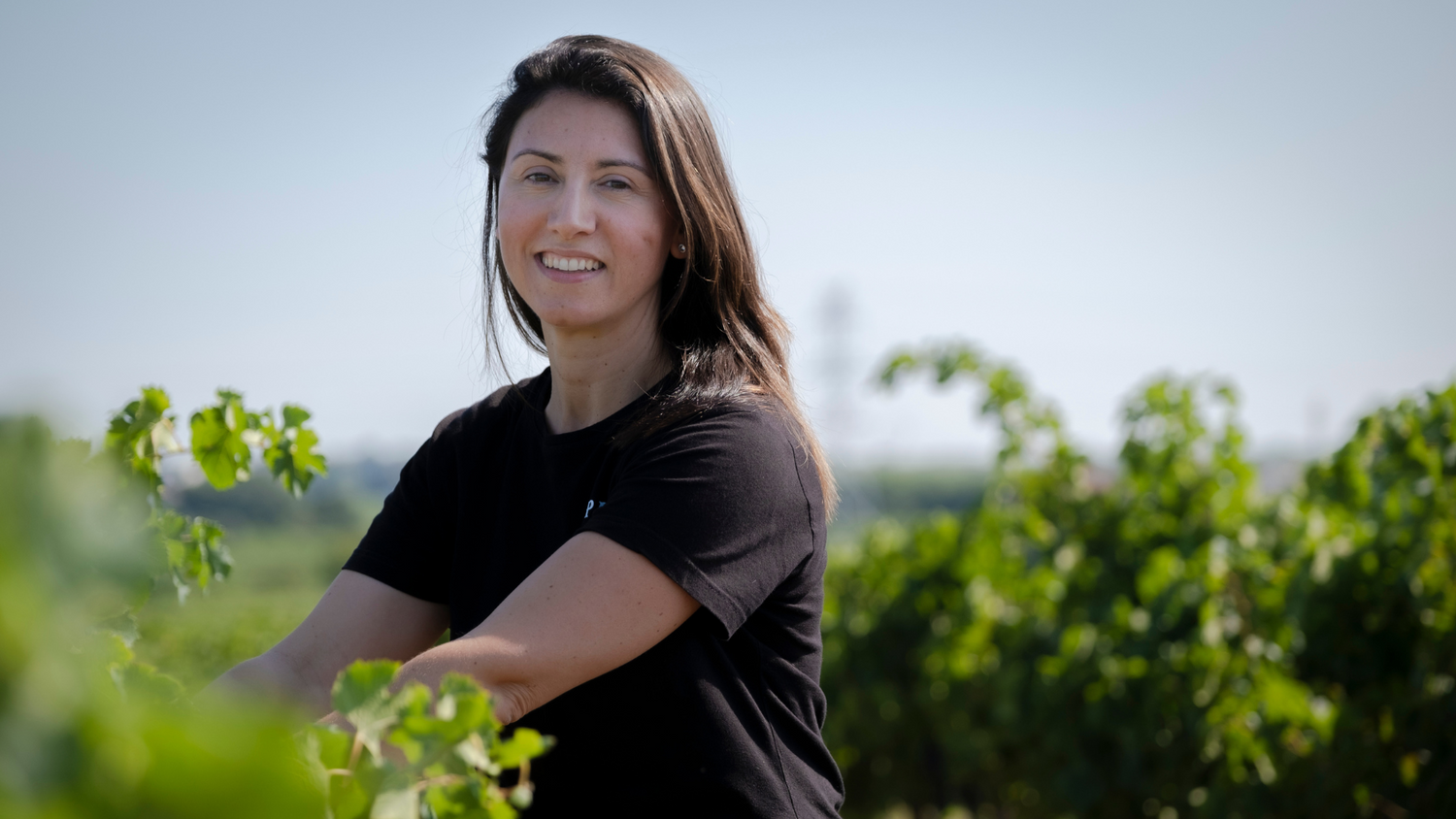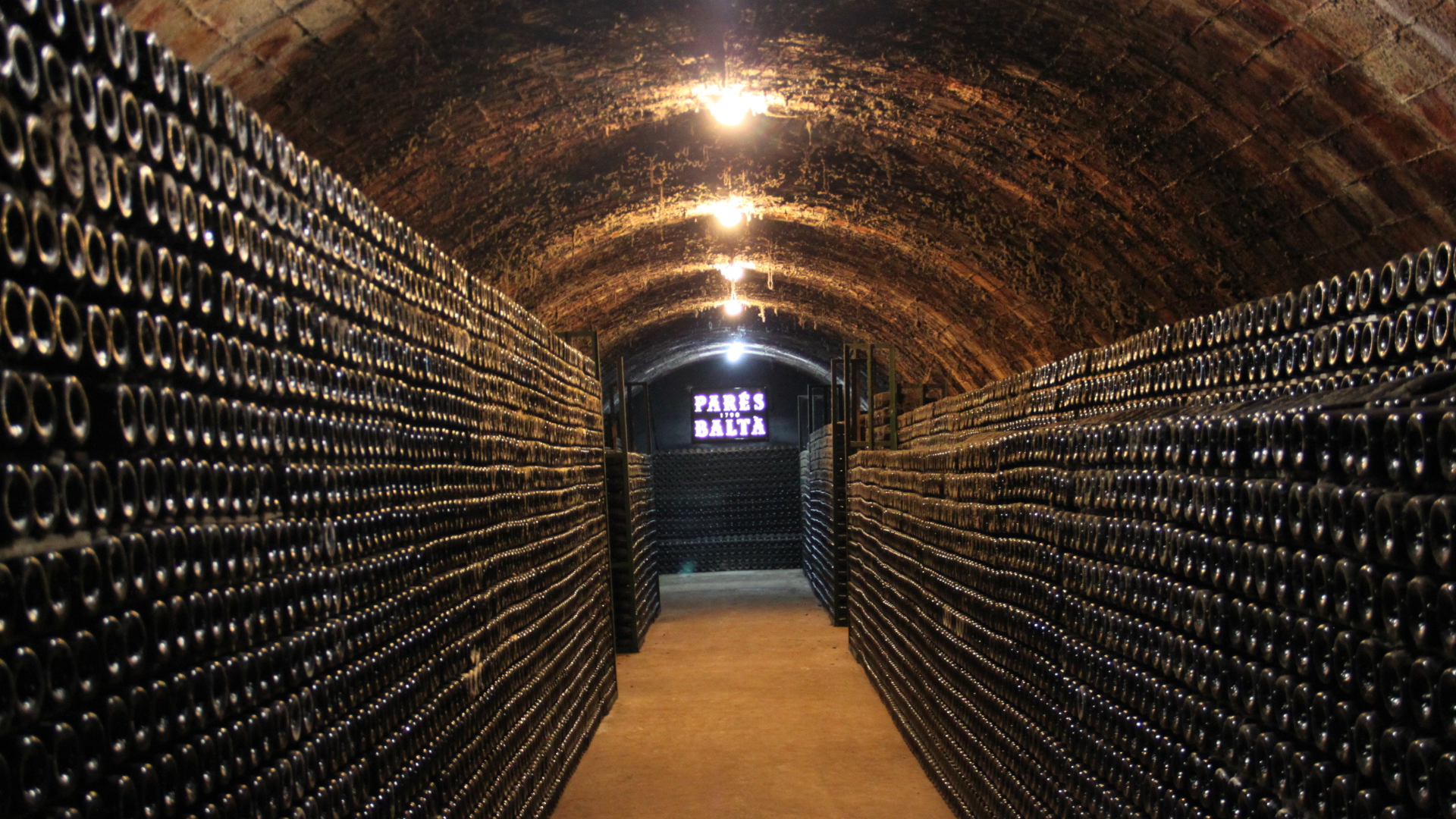Drunken Farmer Explores Biodynamic Agriculture and Natural Wines with Winemaker Parés Baltà
Earlier this month, we clinked glasses with Joan Carreras of Parés Baltà, a family winery that is currently managed by third generation winegrowers Joan and Josep Cusiné, and their wives, María Elena Jiménez and Marta Casas. As award winning producers, they have re-explored traditional practices to implement in their cellar and worked towards reviving rare local grape varietals, specifically Sumoll, Malvasia de Sitges and White Carignan. Balancing tradition with innovation, the winegrowers have also introduced a new technique called Green Harvesting, to produce better quality crops, ensuring their continued production of award-winning organic and biodynamic cavas and wines.

Speaking to Joan, a wine connoisseur with almost two decades of experience in Spanish cavas and wines, we explored the world of biodynamic agriculture and the production of organic wines.
What are natural wines and how are they produced?
Natural wines are made from grapes that are organically and biodynamically grown; they are free from pesticides, toxins, and chemicals. They also undergo a spontaneous fermentation process, allowing each bottle to organically maintain its temperature during the fermentation period. As grapes contain natural yeast, every ingredient within each bottle is indigenous and no chemical sulfides are added during the bottling process.
The production method for biodynamic wines are different for each wine. An example of the first natural wine that was made by María Elena and Marta was the Amphora Roja, a 100% xarel-lo, that was made in a clay amphorae crafted from the soil from Parés Baltà’s vineyards. Along with the Amphora Brisat, the crafting process for amphora wines begins by soaking
the skins of the grapes during the fermentation period, to add more colour, aromas, and structure to the wine.
What is sustainability in wine-making, and what sustainable practices are integrated into the production process?
“Sustainability is a very important process where we take into account the environment. Recycling, not using plastics and chemicals, and creating our own composts instead of using compost from factories is our way to follow the cycle from mother nature.”

Located in a national park, Parés Baltà continues to follow the rules of organic living, where wine-making is carried out with minimum intervention in the winery. From the collection of rainwater for their crops, to avoiding the use of pesticides and chemicals that can damage the surrounding forest or lakes, the winery builds its practices around the structure of sustainability. Describing details about environmental life cycles, Joan cites how different organisms support each other in the process of biodynamic farming to create a full circle which gives back what is taken from nature. He also mentions the different cycles that affect their day-to-day practices. For instance, the moon’s phases affect the tides, which dictate the amount of rainfall and coastal flooding, which in turn affects the quality of the grapes grown. “We cannot control the plant, but we can help to make it much more healthy,” he said meaningfully.
What would consumers experience or appreciate when they taste your natural wines?
“The taste is more fruity and astringent, coming from the lack of use of yeast from laboratories to modify the taste. It’s a more bitter, more ambitious taste, and you will taste more of the grapes itself because the process is clean.”
As the juice from the harvest is not modified in any way, the spontaneous fermentation process does not produce the same rounded notes as conventional barrel-aged wines. Instead, more fruity notes emerge because the skins of fruits like oranges or apricots are soaked during fermentation.

What do you love most about being in this natural wine industry?
“I believe that everything you consume has to have a positive impact on you. If you drink natural wines, there is less of a hangover effect because of the process of production.”
Natural wines have less structural complexity and less tannins, making them easy to drink; they typically leave you feeling fresh with a fruity note lingering on the tongue.
Which is your favourite wine and why?
“I love the pét-nat because it’s a sparkling, using the ancestral method. It is voracious, and it’s light but creamy, because the dead yeast created during fermentation will add more creaminess to the wine. At the same time, the taste will be more complex, but with a good finish.”

Using the ancestral method, grapes are fermented until they reach a certain sweetness, before being bottled prematurely to allow the fermentation to finish in the bottles. This traps carbon dioxide inside the bottles, creating natural carbonation. As these wines are unfiltered, they typically sport a hazy cast with sediments at the bottom of each bottle.
As an Asia-Pacific Director of Parés Baltà, how do you maintain the passion when you are not based in the vineyard?
“A good salesman is one who loves what he sells. If I sell wines, I have to sell the ones that I like. It has to be organic, natural. When I drink a glass, or do a presentation, it is a hobby for me; not just a job where I get paid.”

